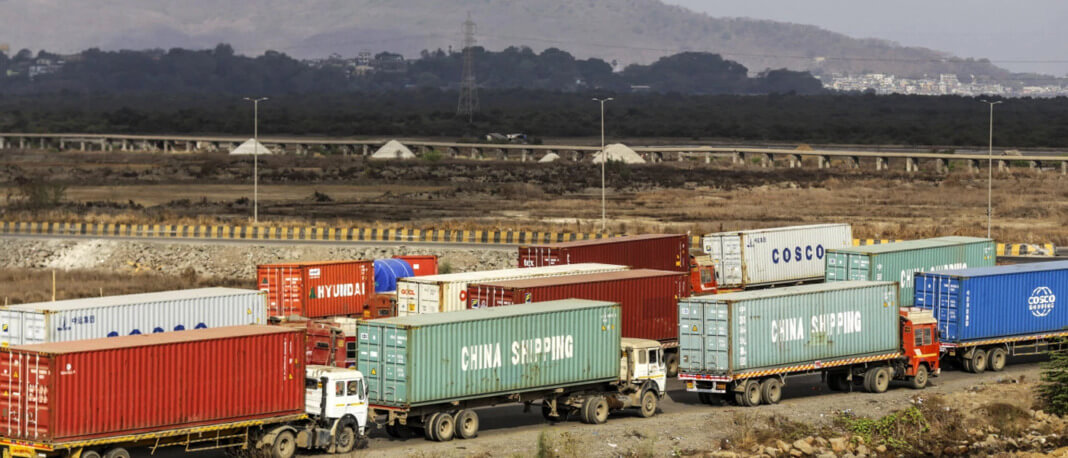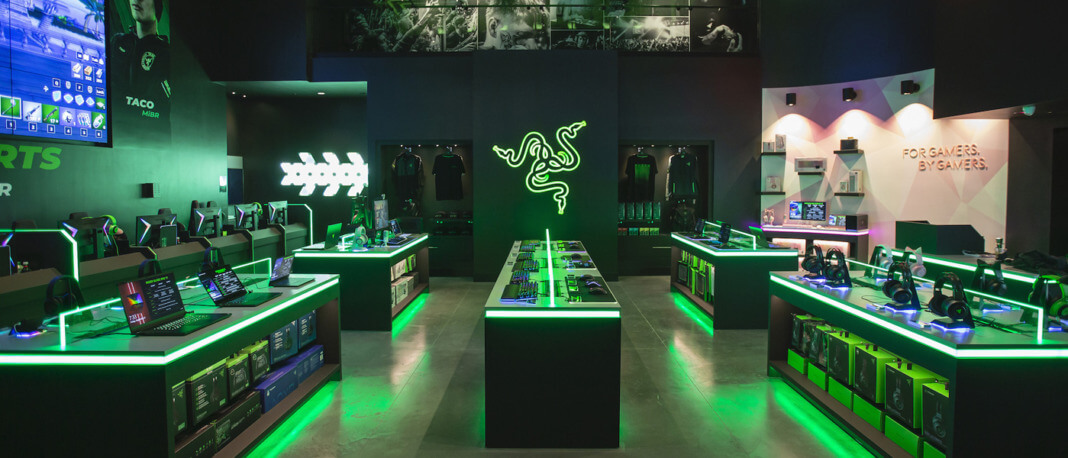There are over 150 e-commerce and delivery companies across the world that uses an Indian logistics startup’s service to work out the best way before they decide to ship items to their customers. Now, that startup, FarEye, has bagged US$25 million in a new financing round as the startup looks to expand its business globally.
M12, led this Series D round and Honeywell Ventures, Eight Roads Ventures, and existing investors from SAIF Partners also participated in the round, which pushes the total raise of the startup to US$40 million. M12 is a Microsoft venture fund, and it began its investment journey in India in 2019.
FarEye assists companies to orchestrate, track as well as optimize their logistics operations. For example, if you order a pizza from Domino’s, the eatery uses its service, which integrates into the system and quickly informs you how long you need to wait for the pizza to reach you.
The startup is helping Domino’s behind the scenes evaluate a plethora of moving pieces. It helps evaluate things like how many items one can carry, the experience of the delivery person, the best route to use to reach the customer, and would the restaurant need the same delivery the next day, explained the co-founder and chief executive of FarEye, Kushal Nahata, in an interview with TechCrunch.
FarEye is addressing these difficulties using AI to parse through millions of data points, trying to identify the optimum solution. Over the last year, the platform has fine-tuned its algorithm to handle long-haul and last-mile deliveries so as to offer a full suite of services to its customers.
FarEye has employed nearly 350 people, and it stated that it handles more than ten million transactions daily, and the more transactions it processes, the better the algorithm becomes.
The startup has clients across several categories, including retail, logistics and transportation, and FMCG in 20 countries. Some of its clients include DHL, Walmart, Domino’s, and J&J, among others.
The new fund will be used to improve predictive tech as well as grow its footprint in Europe, Asia-pacific region, and the United States.
“We are solving certain problems for our customers today, but I feel we can solve much larger problems and help digitize the entire supply chain network,” Nahata said.





